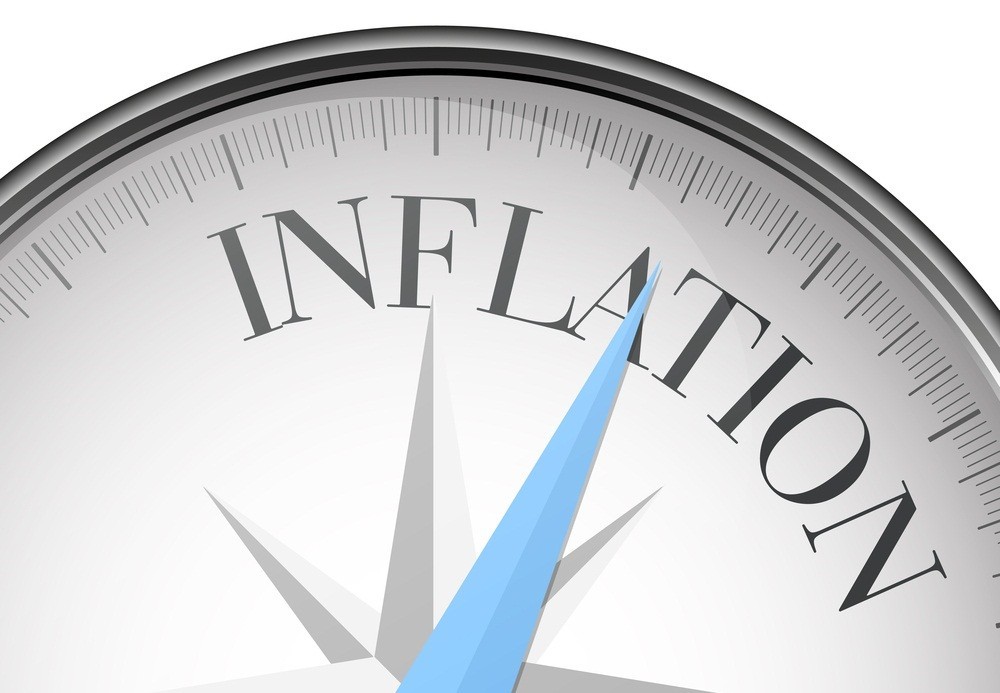News & Articles January inflation for Malaysia highest in 2 years
January inflation for Malaysia highest in 2 years
24 Feb 2016

Malaysia’s inflation rate in January surged to the fastest level in nearly two years, but this is not expected to lead to any hike of the country’s benchmark interest rate.
The consumer price index in January rose 3.5% from a year earlier, the largest annual increase since March 2014.
In December, the annual rate was 2.7%. A Reuters poll had forecast a January level of 3.7%.
Fuel prices fell in January but a low base from a year earlier plus increased food and cigarette prices contributed to a higher inflation rate last month, economists said.
In November, the government raised excise taxes on tobacco products by 40%.
Inflation climbed following the introduction of a 6% goods and services tax in April 2015, but had been below 3% since September.
The weakening of the ringgit in 2105, the worst performing currency in the region last year, has also boosted prices of imports.
The central bank has an inflation target this year of 2.5-3.5%. It said in January it expected inflation to peak in the first quarter before moderating, as low energy and commodity prices persist.
Malaysia’s central bank has kept its overnight policy rate at 3.25% since July 2014.
The rise of headline inflation to above 3 percent isn’t seen as worrying Bank Negara Malaysia, whose longtime governor Tan Sri Zeti Akhtar Aziz will complete her term in late April.
“We don’t foresee any changes to overnight policy rates since growth expectations have already been tuned down, and inflation is not really a concern,” said Jeff Ng, an economist at Standard Chartered in Singapore.
Weiwen Ng of ANZ said that for Malaysia, inflation pressures “are of secondary concern notwithstanding the uptick today. The balance of risks in 2016 are skewed towards growth disappointment and fiscal slippage.”
Poor global oil prices have hurt Malaysia, which exports liquefied natural gas.
In January, the government revised its annual budget, with a total of RM9 billion in planned spending cuts. It also trimmed the 2016 economic growth target to 4.0-4.5%, from 4-5% earlier.
The central bank’s next policy meeting is on March 9.
The consumer price index in January rose 3.5% from a year earlier, the largest annual increase since March 2014.
In December, the annual rate was 2.7%. A Reuters poll had forecast a January level of 3.7%.
Fuel prices fell in January but a low base from a year earlier plus increased food and cigarette prices contributed to a higher inflation rate last month, economists said.
In November, the government raised excise taxes on tobacco products by 40%.
Inflation climbed following the introduction of a 6% goods and services tax in April 2015, but had been below 3% since September.
The weakening of the ringgit in 2105, the worst performing currency in the region last year, has also boosted prices of imports.
The central bank has an inflation target this year of 2.5-3.5%. It said in January it expected inflation to peak in the first quarter before moderating, as low energy and commodity prices persist.
Malaysia’s central bank has kept its overnight policy rate at 3.25% since July 2014.
The rise of headline inflation to above 3 percent isn’t seen as worrying Bank Negara Malaysia, whose longtime governor Tan Sri Zeti Akhtar Aziz will complete her term in late April.
“We don’t foresee any changes to overnight policy rates since growth expectations have already been tuned down, and inflation is not really a concern,” said Jeff Ng, an economist at Standard Chartered in Singapore.
Weiwen Ng of ANZ said that for Malaysia, inflation pressures “are of secondary concern notwithstanding the uptick today. The balance of risks in 2016 are skewed towards growth disappointment and fiscal slippage.”
Poor global oil prices have hurt Malaysia, which exports liquefied natural gas.
In January, the government revised its annual budget, with a total of RM9 billion in planned spending cuts. It also trimmed the 2016 economic growth target to 4.0-4.5%, from 4-5% earlier.
The central bank’s next policy meeting is on March 9.
Source: Therakyatpost.com
Latest Posts
-
Gong Xi Auction Fair Draws Strong Interest from Both First-Time and Experienced Buyers
-
Gong Xi Auction Fair: Start the Lunar New Year with Smart Property Investments
-
Highest Bidder Strikes Gold at NCM Co November Auction Carnival 2025
-
November Auction Carnival 2025 Returns — Nearly 600 Properties Up for Grabs!
-
SkyWorld raih emas pertama di Anugerah ESG The Edge Malaysia 2025